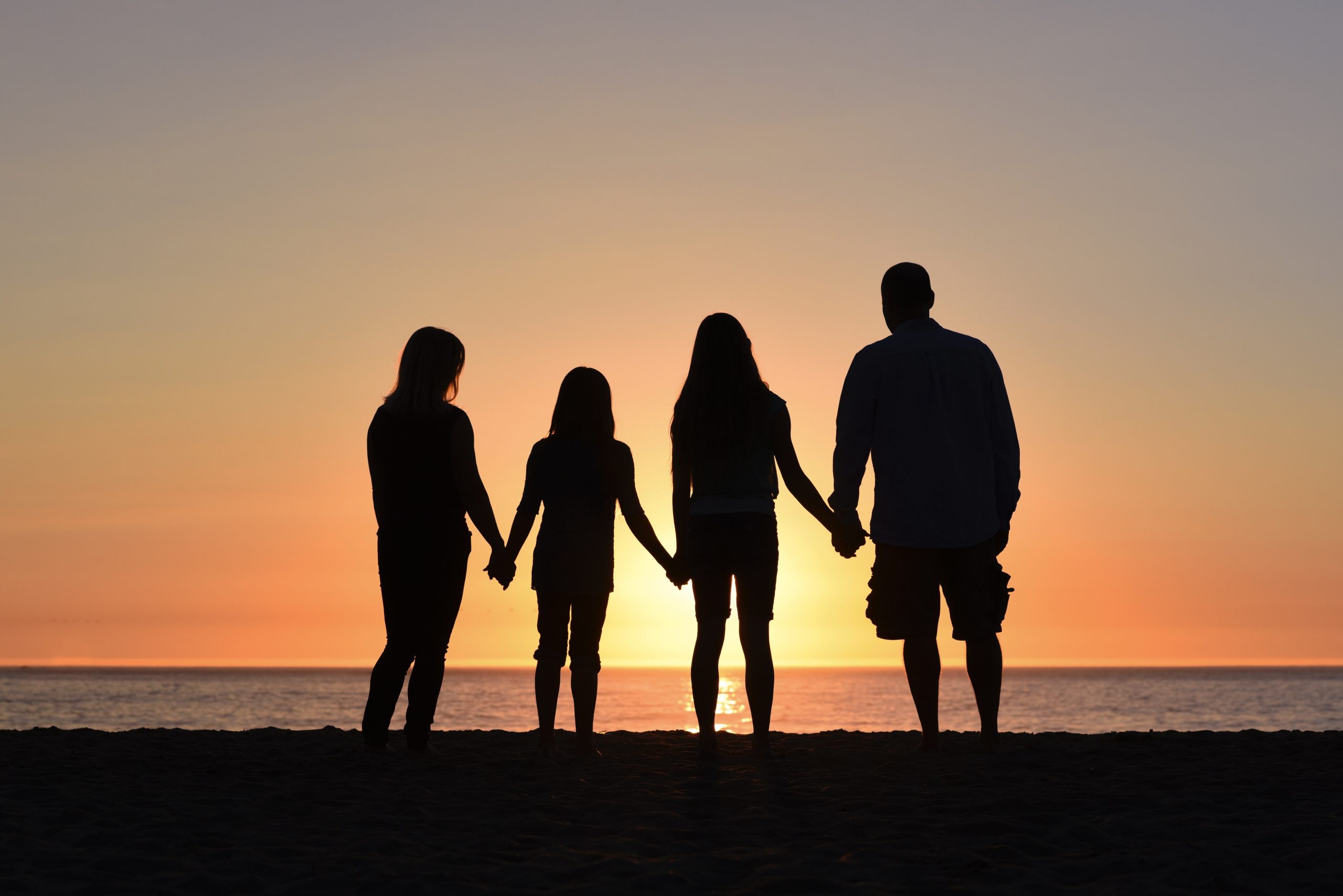 Federal government has repatriated more than 12,000 Canadians, but some families remain stranded or separated
Federal government has repatriated more than 12,000 Canadians, but some families remain stranded or separated
For Robert Turner, it wasn’t much of a choice.
A statement from the Prime Minister’s Office on March 21 said flights would “prioritize stranded travellers who are Canadian citizens, Canadian permanent residents, or immediate family members of Canadian citizens … holding a valid travel document.” It also says foreign nationals who are working, studying or “making Canada their home” would also be permitted to board a repatriation flight with valid travel documentation.
Angelica doesn’t have a visitor visa for Canada or a permanent resident card, so she doesn’t fit the criteria to board a rescue flight.
The Ontario man had the option of flying home last week on a government-organized flight out of Lima, Peru, or stay behind with his pregnant wife, who didn’t qualify for a seat on a repatriation flight.
“I’m not abandoning my wife and child,” Turner, 55, said.
His wife of two years, Angelica Turner, 40, a Peruvian citizen, can’t travel to Canada because her application for permanent resident status in this country, submitted 15 months ago, hasn’t been processed yet, said Turner. He said he’s unwilling to leave her behind alone, but also “terrified” of staying in Peru with an expired visitor visa during a nationwide lockdown enforced by the military.
The prospect of being separated by travel restrictions is nerve-racking and heartbreaking for some couples and families amid the COVID-19 pandemic. It’s compounded, at times, by confusion and frustration over the criteria to board a repatriation flight back to Canada.
More than 12,000 Canadians who were trapped in foreign countries by COVID-19 border restrictions and flight cancellations have managed to get back on home soil due to the repatriation efforts of the Canadian government, according to Global Affairs Canada.
The government has worked with airlines and foreign governments to arrange dozens of flights from 40 countries, including Peru, India, Nigeria, Ukraine and Cuba.

